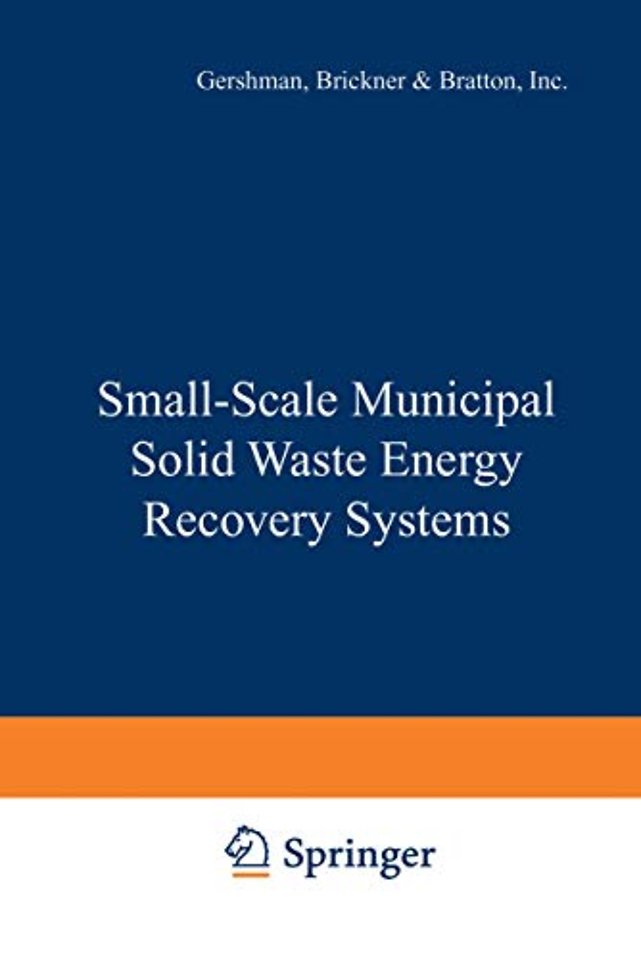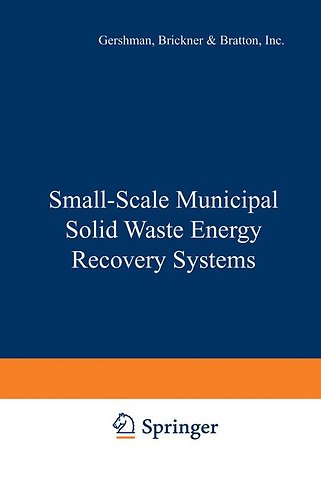Small-Scale Municipal Solid Waste Energy Recovery Systems
Samenvatting
This volume is designed to give local government elected officials and their staff the background information they need on the state of the art in small scale municipal waste-to-energy project development. It will, of course, be of interest to many others in the field. The small-scale segment of the municipal waste energy recovery industry has grown and changed in many ways in recent years. With increasingly stringent environmental regulations pushing up the costs of landfilling, as well as today's higher prices for oil and natural gas, the economics of small-scale systems are attractive to smaller communities or counties which might at one time only have considered joining a multijurisdictional large-scale project. The difficulties involved in devel oping a project that envelops numerous governmental entities are discouraging, and a small, local project may be more readily achievable. Gershman, Brickner & Bratton, Inc. hopes this book will be of assistance to those who are considering such a project, providing guidance and encouragement, as well as practical information on technologies, eco nomics, energy markets, financing, environmental issues, and the pitfalls of project development.

